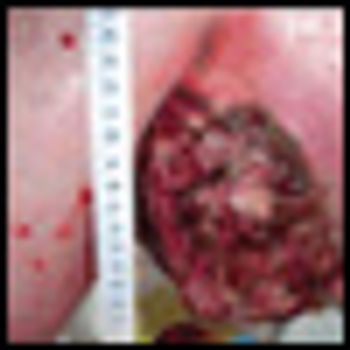
According to a new study, women who gain weight in adulthood face a higher lifetime risk of all types of breast cancer even if they do not take hormone replacement therapy after menopause. To be published in the July 1, 2006, issue of CANCER, the study reveals that the greater the weight gain as an adult, the greater the risk for all histologic types, tumor stages, and grades of breast cancer, particularly advanced malignancies.

